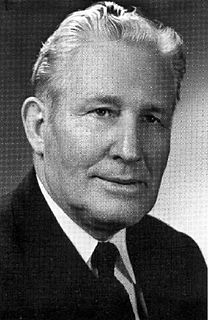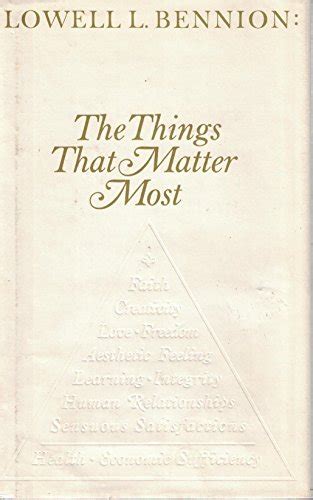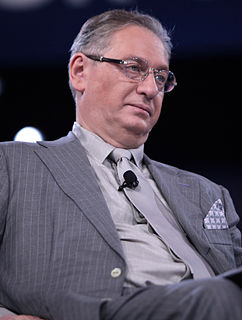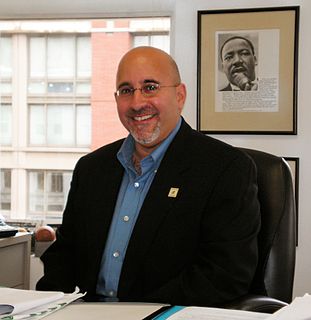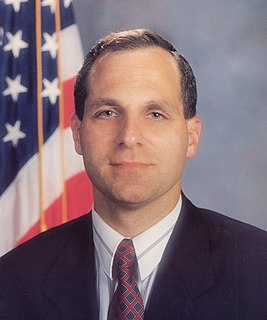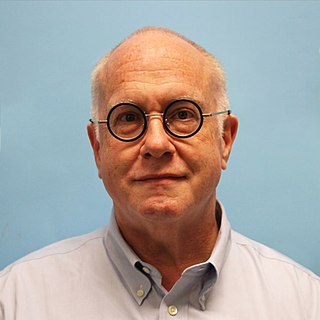A Quote by Hugh B. Brown
Prophecy and history predict and record a great and universal apostasy which was to be followed by a restoration as predicted by John in Revelation. The fact of the great apostasy is attested by both sacred and secular writ, and history bears witness that it became universal. We proclaim this fact of history not as an attack on any church. We do not assume any position of "holier than thou" or "wiser than thou," but we announce this historic fact of the apostasy as a vindication of the claim that there has been in fact a restoration of the gospel.
Quote Topics
Related Quotes
A society whose members are united by the fact that they think in the same way in regard to the sacred world and its relations with the profane world, and by the fact that they translate these common ideas into common practices, is what is called a Church. In all history, we do not find a single religion without a Church.
Academic environments are generally characterised by the presence of peole who claim to understand more than in fact they do. Linguistic Philosophy has produced a great revolution, generating people who claim not to understand when in fact they do. Some achieve great virtuosity at it. Any beginner in philosophy can manage not to understand, say, Hegel, but I have heard people who were so advanced that they knew how not to understand writers of such limpid clarity as Bertrand Russell or A.J. Ayer.
There's a lot we should be able to learn from history. And yet history proves that we never do. In fact, the main lesson of history is that we never learn the lessons of history. This makes us look so stupid that few people care to read it. They'd rather not be reminded. Any good history book is mainly just a long list of mistakes, complete with names and dates. It's very embarrassing.
Wouldn't it be a great thing if all who are well schooled in secular learning could hold fast to the "iron rod," or the word of God, which could lead them, through faith, to an understanding, rather than to have them stray away into strange paths of man-made theories and be plunged into the murky waters of disbelief and apostasy?
You see, when you're middle class, you have to live with the fact that history will ignore you. You have to live with the fact that history can never champion your causes and that history will never feel sorry for you. It is the price that is paid for day-to-day comfort and silence. And because of this price, all happinesses are sterile; all sadnesses go unpitied.
The revealed and mystic literature of mankind bears ample testimony to the fact that religious experience has been too enduring and dominant in the history of mankind to be rejected as mere illusion. There seems to be no reason, then, to accept the normal level of human experience as fact and reject its other levels as mystical and emotional.
From my youth onwards I have found in Jesus my great brother. That Christianity has regarded and does regard him as God and Savior has always appeared to me a fact of the highest importance which, for his sake and my own, I must endeavor to understand . . . I am more than ever certain that a great place belongs to him in Israel's history of faith and that this place cannot be described by any of the usual categories.
